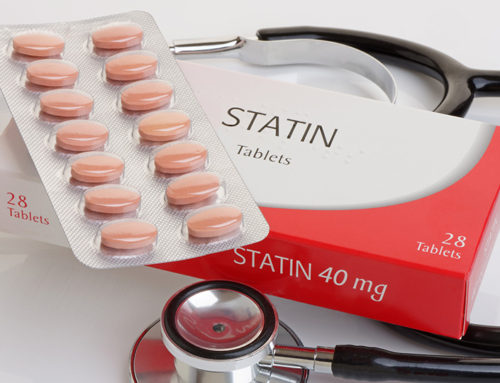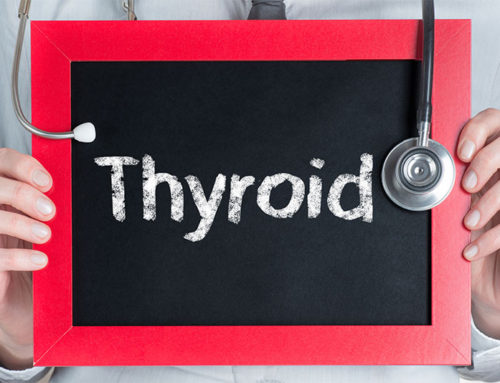ScienceDaily (Dec. 1, 2011) — Swedish women who ate an antioxidant-rich diet had fewer strokes regardless of whether they had a previous history of cardiovascular disease, in a study reported in Stroke: Journal of the American Heart Association.
“Eating antioxidant-rich foods may reduce your risk of stroke by inhibiting oxidative stress and inflammation,” said Susanne Rautiainen, M.Sc., the study’s first author and Ph.D. student at the Karolinska Institutet in Sweden.
“This means people should eat more foods such as fruits and vegetables that contribute to total antioxidant capacity.”
Oxidative stress is an imbalance between the production of cell-damaging free radicals and the body’s ability to neutralize them. It leads to inflammation, blood vessel damage and stiffening.
Antioxidants such as vitamins C and E, carotenoids and flavonoids can inhibit oxidative stress and inflammation by scavenging the free radicals. Antioxidants, especially flavonoids, may also help improve endothelial function and reduce blood clotting, blood pressure and inflammation.
“In this study, we took into account all the antioxidants present in the diet, including thousands of compounds, in doses obtained from a usual diet,” Rautiainen said.
Researchers collected dietary data through a food-frequency questionnaire. They used a standard database to determine participants’ total antioxidant capacity (TAC), which measures the free radical reducing capacity of all antioxidants in the diet and considers synergistic effects between substances.
The researchers categorized the women according to their TAC (antioxidant) levels — five groups without a history of cardiovascular disease and four with previous cardiovascular disease.
For women with no history of cardiovascular disease who had the highest TAC, fruits and vegetables contributed about 50 percent of TAC.
Other contributors were whole grains (18 percent), tea (16 percent) and chocolate (5 percent).
The study found:
Higher TAC (antioxidant level) was related to lower stroke rates in women without cardiovascular disease.
Women without cardiovascular disease with the highest levels of dietary TAC had a statistically significant 17 percent lower risk of total stroke compared to those in the lowest quintile.
Women with history of cardiovascular disease in the highest three quartiles of dietary TAC had a statistically significant 46 percent to 57 percent lower risk of hemorrhagic stroke compared with those in the lowest quartile.
“Women with a high antioxidant intake may be more health conscious and have the sort of healthy behaviors that may have influenced our results,” Rautiainen said. “However, the observed inverse association between dietary (antioxidants) and stroke persisted after adjustments for potential confounders related to healthy behavior such as smoking, physical activity and education.”
Dr. Jonny Comments:
This is just one more study showing the powerful benefits of antioxidant-rich diets. There are thousands of such substances in foods (including flavonoids, flavanols, polyphenols and the like) and the synergistic effects of these substances accounts for the common recommendation to try to get your nutrients from food.
That makes sense. You should eat all the whole foods- rich in antioxidants, vitamins, minerals and other compounds that have an effect on your health—as much and as often as possible.
Nonetheless, most people will benefit from additional antioxidants in the form of supplements. (One brand, FOUR PILLARS, even includes a capsule of antioxidants in addition to the multiple, omega-3’s and probiotics also found in the product.) And it never hurts to supplement with some of the antioxidant powerhouses like vitamin C
One interesting thing to note in this study is the high amount of antioxidants the women obtained from cocoa (5% of daily intake). While 5% doesn’t sound like a lot, considering cocoa isn’t a huge percentage of the diet, this is pretty impressive.
Dark chocolate is a fabulous food, makes a great low calorie snack (yep, it’s true). If for some reason you don’t want to eat chocolate, cocoa flavanols are available in supplement form as COCOA-WELL, and available at any GNC.)














Leave A Comment